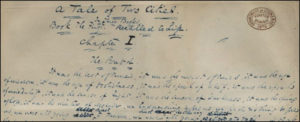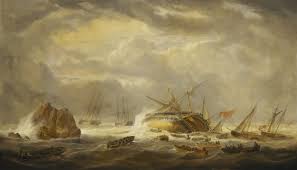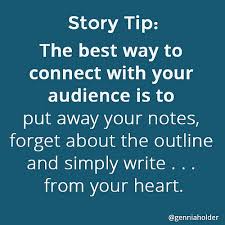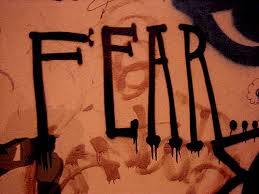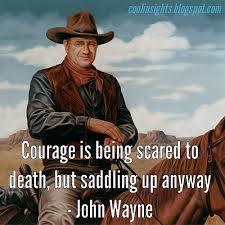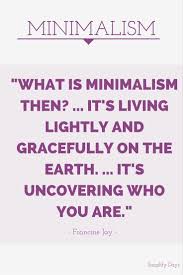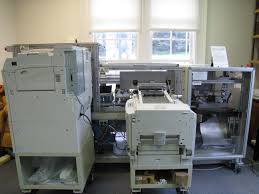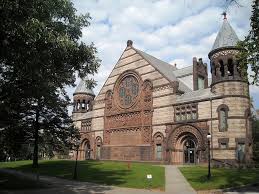
I’ve never been a great organizer. Organization doesn’t come easy to me. I’m a dreamer with lofty goals, stellar purposes. When it comes to putting plans into action, I’m an excellent starter. I’m also a persistent person with the ability to carry through to the finish line. Organizing a project, however, has been known to separate me from the wheat.
Allow me to illustrate. When I was in high school, I decided I wanted to attend Princeton. I liked the sound of the name. The Ivy League was highly impressive to my sensibilities. The problem was multidimensional. My parents wouldn’t have cared if I went to Princeton or Penn State or Allegheny College or a trade school for wanna be mechanics. In fact, the latter would have been preferred, if I were to be educated at all beyond high school. I don’t think I ever mentioned my goal of going to Princeton. We were at best a middle class family and there were no savings. To make Princeton a reality, I would have needed to organize a strategy to greatly improve my grades. I would have had to enlist help from certain teachers, primarily those in the mathematics and science fields, to bring me up to speed in my areas of weakness. I would have had to develop excellent study habits to make the most of my academic abilities. Then, I would have had to have learned how to apply for a scholarship and done my best to impress those who would grant me one. I wasn’t up to any of it. I didn’t improve my grades. I didn’t take the SAT’s. I settled for going to business school to learn to be an accountant.
When I was 23, I made good on a long-held dream of traveling around the United States. I had this trip in my sights for about three years, but my planning was fairly weak. I bought some camping equipment and a car that was newer than the one I had. I bought it from my used car dealing uncle and felt confident I would have a reliable vehicle to drive around the country for a year. I left in the spring when the weather was still chilly in Pennsylvania and I headed directly for Florida, where I could visit some relatives and stay for a week or so. At my oldest brother’s place, I was showing him something in the trunk one day.
“Hey, you don’t have a jack in here,” he said in amazement.
Catching the wave for a funny comeback, I quipped, “What do I need a jack for? I don’t have a spare tire.”

Although proud of my clever response, I was telling the embarrassing truth. I was taking a long trip without a spare. How do you organize a year’s trip without taking the basics, which brings me to the point of these stories. When you’re charting a journey, it’s best to plan it out carefully.
As a writer, I’ve taken the advice of my teachers and others who suggest we carefully research and outline our stories or books. We know the ending before we start writing and we write from plot point to plot point until we reach bring the story to a conclusion. When I was much younger, I wasn’t as disciplined with the writing process and would paint myself into a corner sometimes because I just wanted to write and didn’t properly construct the piece ahead of time.
In the book A Writer’s Coach by Jack Hart, he states clearly how important organizing is to the process. “Failure to organize produces a long list of consequences: missed deadlines, excessively long manuscripts, formulaic writing, slow and unproductive writers. It may be the most dangerous failure you risk.
“Organization should come dead center in the process, after idea development and reporting, but before drafting and publishing. In their work with writing coaches, Roy Peter Clark and Don Fry report that most writing problems occur in the organizing stage.”
Mr. Hart stresses that “writers who skip over the organizational phase typically find that writing is agony. If you have no guideposts to help you through confusing material, progress can be painfully slow. Every piece of writing degenerates into a stressful series of false starts, detours, and wasted effort.”
This isn’t to say that a writer can’t be spontaneous. If the unfolding plot takes an unexpected turn, feel free to follow it. Let your imagination fly from moment to moment while still steering the vessel to every port. But mapping your way and giving yourself the means to sail along are vital to bringing your hero back from a perilous journey.






